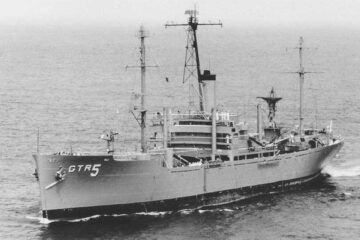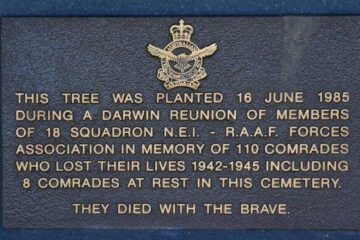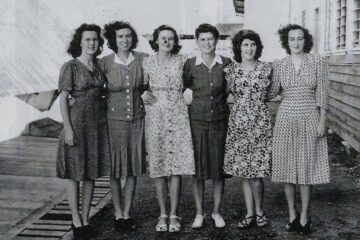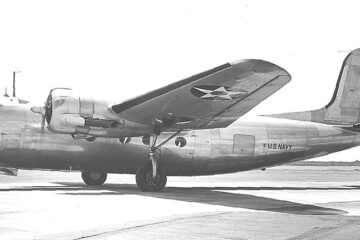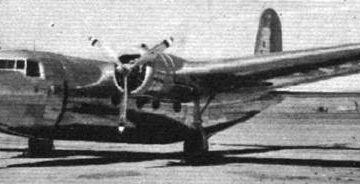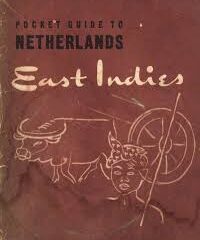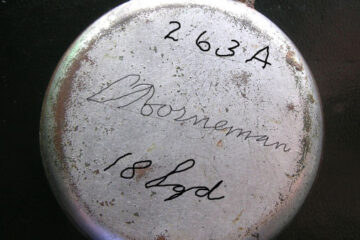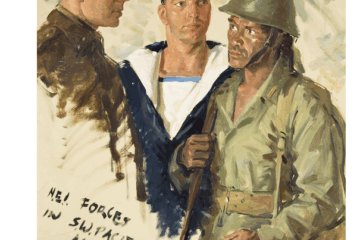The USAT Liberty, Australia and the Dutch Wartime Context
The American shipwreck at Tulamben in Bali, well known today among divers, is the remains of the USAT Liberty. I was alerted to this wreck by my grandson, Neriya, who dived the site in February 2026. While the vessel itself was American, its final voyage in January 1942 unfolded within Read more
